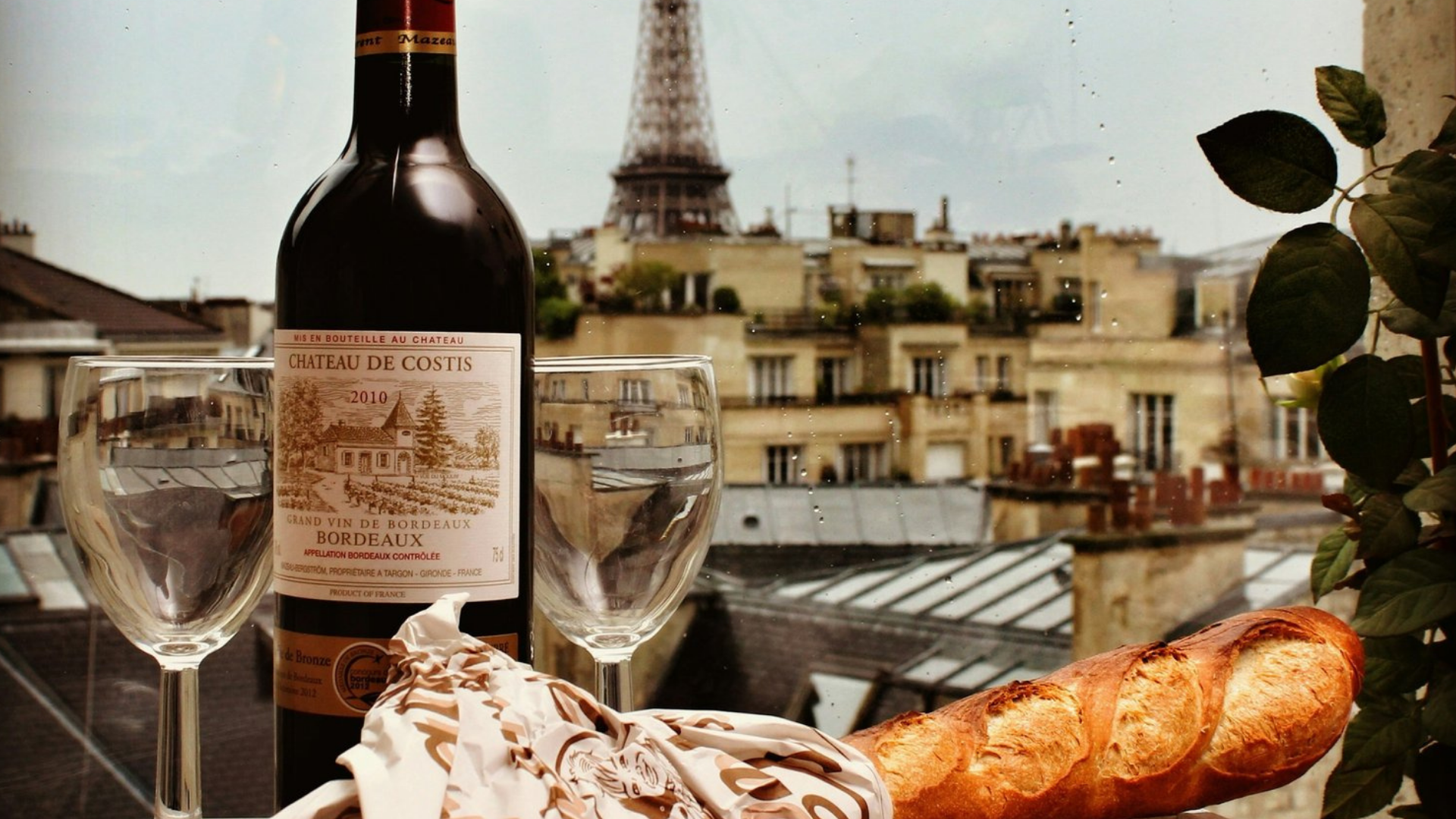Wine Tasting Insights: Sensory and Cultural Guidance for Enthusiasts
“Connaisseur en vin” Friedrich Wahlen 1927
Wine Tasting: A Cultural and Sensory Experience
Wine tasting is both an art and a science, a cultural and sensory journey.
While structured approaches dominate in some regions, particularly the Anglosphere, European traditions, especially in France, emphasize emotion, memory, and context over checklists.
For wine professionals and enthusiasts, embracing this approach enhances sensory perception, deepens appreciation, and informs both purchasing and pairing decisions.
Terroir: Connecting Wine to Place and Legacy
Every wine tells a story, not just of grape variety or fermentation but of geography, climate, and human craftsmanship. Terroir, the intersection of soil, climate, and human care, gives each bottle its distinctive identity.
Loire Valley: Crisp, mineral notes reflect schist soils and morning air.
Burgundy: Limestone-rich vineyards convey elegance and complexity.
Understanding terroir allows consumers to make informed choices and enables professionals to communicate provenance and quality more effectively.
Engaging All Five Senses in Wine Tasting
Wine tasting is a multi-sensory experience that extends beyond the palate:
Sight: Color and clarity indicate age, varietal, and style.
Smell: Aromas provide early emotional cues and complexity.
Taste: Balance of sweetness, acidity, bitterness, and umami reveals structure and finesse.
Touch: Texture, velvety, crisp, or astringent, enhances mouthfeel.
Hearing: Even the pop of a cork or fizz of bubbles heightens anticipation.
For enthusiasts and professionals, mastering these sensory elements improves wine appreciation, pairing decisions, and consumer guidance.
Intuition, Emotion, and Subjective Perception
European tasting traditions prioritize intuition and emotional connection over rigid scoring. Individual perception varies: two tasters may experience the same wine differently, reflecting the role of memory, culture, and personal taste.
This subjectivity is an opportunity for both professionals and enthusiasts to engage deeply with each wine, making tasting a personal and educational experience.
Exploring Natural, Organic, and Biodynamic Wines
Natural, organic, and biodynamic wines are redefining consumer expectations:
Minimal intervention and limited sulfites create expressive, authentic flavors.
Consumers increasingly value provenance, sustainability, and storytelling over rigid scoring.
Wine professionals and enthusiasts benefit from exploring these wines, deepening knowledge, and sharing experiences to enrich the broader wine culture.
Wine as a Social and Cultural Experience
Tasting is inherently social. Wine is enjoyed with meals, celebrations, and shared rituals, reinforcing cultural identity and lifestyle preferences.
Professionals can educate and guide consumers, while enthusiasts can expand their appreciation by participating in tastings, vineyard visits, and cultural experiences.
Practical Tips for Elevated Wine Tasting
Use proper glassware: Enhance aroma and flavor with the right vessel.
Serve at optimal temperature: Highlight balance and subtlety.
Decant when needed: Allow wines to fully express their character.
Taste slowly: Multiple sips reveal new layers and nuances.
Learn from experts: Sommeliers, winemakers, and vineyard tours offer unmatched insight.
Wine Tasting as a Cultural, Sensory, and Consumer Journey
Wine tasting blends sensory mastery, cultural literacy, and personal exploration.
For enthusiasts and professionals, understanding terroir, natural wines, and sensory techniques deepens appreciation, informs purchasing, and creates meaningful connections.
Ultimately, wine is not just tasted, it is experienced, shared, and celebrated.
Discover More
Sources:
Amy B. Trubek: The Taste of Place: A Cultural Journey into Terroir (2008)
Mathilde Barthélemy: "Les discours de la dégustation du vin", Open Journal of Social Sciences (2016)
Charles Spence: "Multisensory Flavor Perception", Current Biology (2013)
Charles Spence and al.: "Multisensory Flavor Perception: From Neuroscience to Marketplace", Applied Sciences (2021)
Sébastien Bertrand and al.: "Comparing Integrated, Organic, and Biodynamic Wine Quality", Chemical and Biological Technologies in Agriculture (2021)
Barry C. Smith: "Subjectivity and Objectivity in Wine Appreciation", The World of Fine Wine (2015)
Marion Demossier: "Wine Drinking Culture in France", Anthropology of Food (2001)
Vanessa Quintal and al.: "Wine Sensory Experience in Hospitality Education", Journal of Wine Research (2023)



